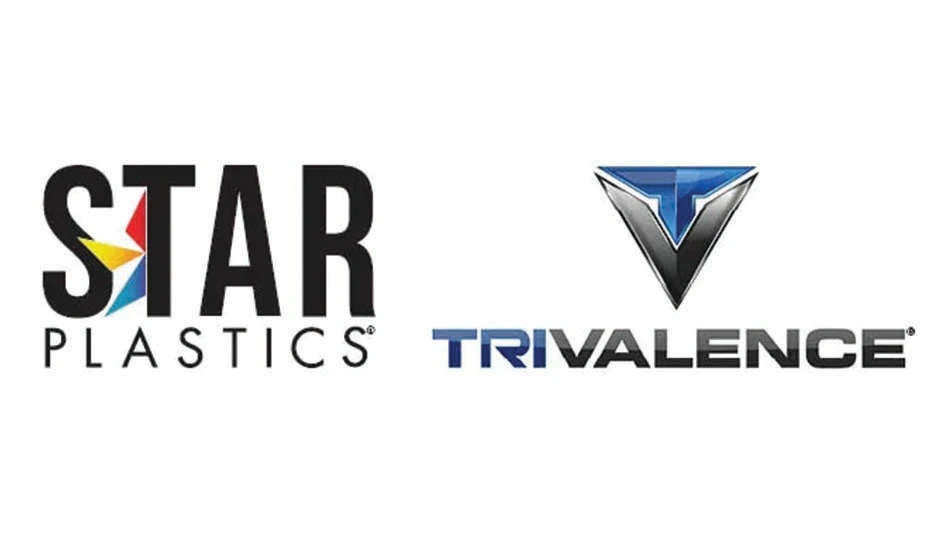
Photo courtesy of Gränges
Sweden-based aluminum company Gränges has joined the First Movers Coalition (FMC), the World Economic Forum’s initiative through which a global coalition of companies is leveraging its purchasing power to decarbonize the world's heavy-emitting industries to create the world’s largest private-sector demand for industrial decarbonization technologies.
The FMC’s efforts target the aluminum, aviation, cement and concrete, steel, shipping and trucking industries.
RELATED: Hitting its targets
“Strong partnerships and collaboration across the value chain are essential for a successful decarbonization of the aluminum industry," says Sofia Hedevåg, senior vice president, Sustainability, for Gränges Group. "Supporting the upstream transition to low-carbon technologies is a critical action in our net-zero plan, and this is another important step for us. I look forward to engaging in the coalition and fulfilling Gränges’ commitments.”
Gränges is the 100th member to join the coalition and says securing access to recycled and low-carbon input materials is a key enabler for it to offer circular and sustainable aluminum solutions to its customers and meet its Science Based Targets Initiative (SBTi) validated climate goals.
By joining the FMC, Gränges has made the following 2030 commitments:
- To procure at least 10 percent (by volume) low-carbon aluminum for all its primary aluminum needs annually.
- To procure at least 50 percent of all its aluminum from secondary aluminum.
These commitments complement the company’s 2030 climate and circularity goals and reaffirm its pathway toward net zero by 2040, Gränges says. However, they are subject to the availability of supply.
“Gränges’ commitment to the aluminum sector represents a significant milestone for the First Movers Coalition,” says Rob van Riet, interim head of the First Movers Coalition. “Not only is Gränges the 100th member of FMC, but as a global leader in aluminum rolling and recycling, Gränges brings valuable knowledge of the sector and purchasing power that will help to accelerate FMC’s mission to scale low-carbon primary and secondary aluminum.”
In the final quarter of 2023, Gränges reported that its total carbon emissions intensity (Scopes 1, 2 and 3) decreased to 8.5 metric tons of CO2 equivalent per metric ton of aluminum during the quarter, while its recycled aluminum consumption increased to 43.6 percent. For the full year, the company says its total carbon emissions intensity decreased to 8.4 metric tons per CO2 equivalent per metric ton, and its use of recycled aluminum grew to 41.6 percent.
Latest from Recycling Today
- LG details recycling activities
- Algoma EAF is up and running
- Toyota-Tsusho completes acquisition of Radius Recycling
- CATL, Ellen MacArthur Foundation aim to accelerate circular battery economy
- Commentary: Expanded polystyrene is 98 percent air, 2 percent plastic and 100 percent misunderstood
- AMCS appoints general manager for North America
- How tariffs, regulations affect LIBs recycling in US, EU
- Schwan Cosmetics introduces packaging free of styrene, ABS






